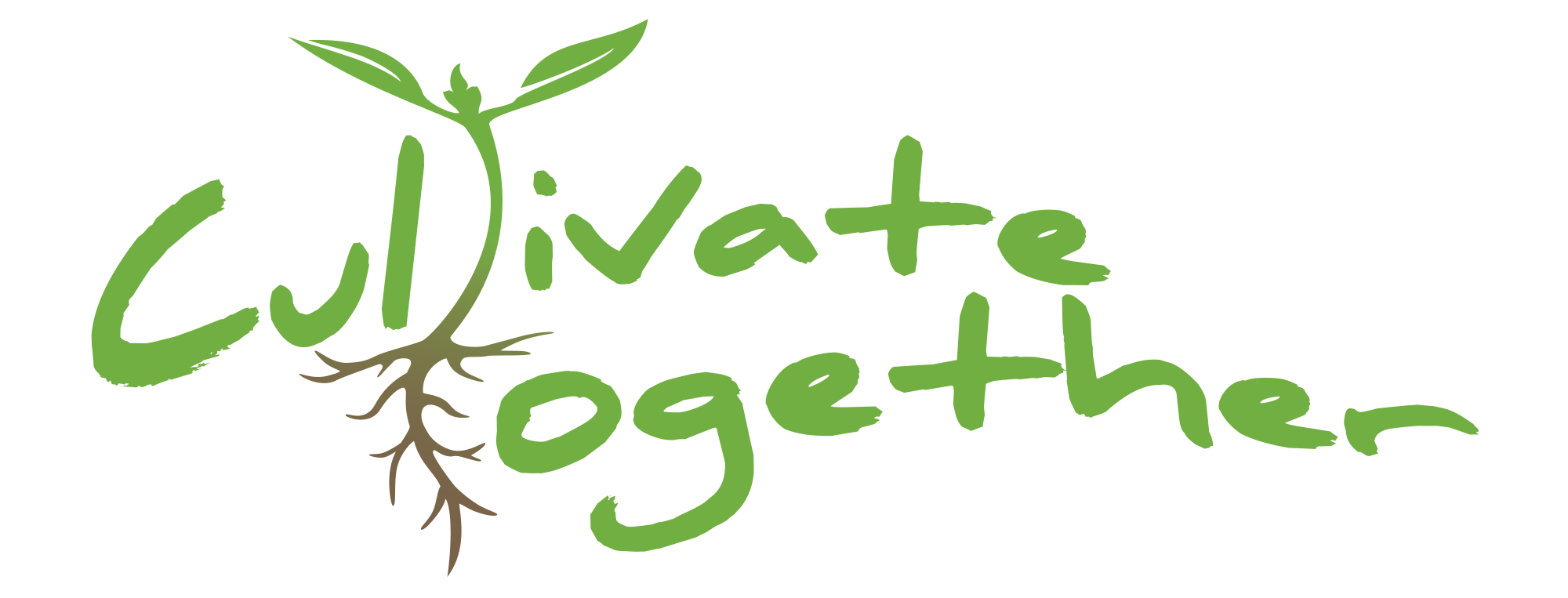Alopez: OCFAC Urban AG Workgroup Agenda: Strategy and Structure #11
March 15, 2017 Abby Lopez
Today I had observed my second meeting of the Urban Agriculture Workshop agenda at the Village Training Room. I saw a few familiar faces and two new acquaintances that joined in on the meeting. Some members, unable to attend, were on speaker phone!
We had the great news today as Christina Hall, the executive director of OCFAC, announced that the County Board of Supervisors recently approved of incentives zones leasing to Ag urban development in a 5-0 vote. Thanks to the support of members like Sean Nelson and Lisa Barlett and others, AB551 will give incentives to the use of private land for urban agriculture. In exchange for signing a contract with a county to place privately held land into urban agricultural use for 10 years, private landowners will have their property assessed at a lower property tax rate based on its agricultural use rather than its market value. As someone newly introduced to these policies and a farmer in training, it is exciting to hear about these initiatives to not only provide food security but to strengthen our connections to our community and responding directly to their needs in a more local approach.
I also observed other speakers just as Dani Stephan, a representative from the Heritage Museum talk about ecological responsibility, and Amy, a green advocate and grad student from Cal Poly University talk about zero waste management projects.
Another topic of discussion was the group structure of our meetings. To approach this matter, we had a brainstorming session! First, we first acknowledged our tasks and goals and then identified our similar goals in meetings which serves as a information center, for connection /networking /collaboration, events, support and needs and calls to action such as to how to implement incentives and policies. We also made it imperative to consider two cohesive and strategic aspects to implement urban agriculture in our city and that considers both professional development and community workshops.
Professional Development
- Strategic fundraising
- Policy 101
- How to identify and approach OC ag vision/forecast
- How to prevent overlapping
Community Workshops
- Small space gardening
- City farm tours
- Community gardens
- Zero waste workshop
- Drought preparedness
- Cooking classes
Problem to solutions scenario to create solution proposals :
Problem Identified – Example : Arsenic removal in soil
- Funding – What finances projects
- Variables affecting outcome – Restrictions/ Incentives, weigh out outcomes
- Feedback – Public awareness, Public Support
- Skill set – Training needed, instructions
- Collaborations – communities, policy makers, volunteers, project leaders
Solution Proposal- Bioremediation using mustard (brassica), corn, or non-edible plants to remove arsenic
References:

OCFAC Urban Ag Workgroup Agenda Wednesday, March 15, 2017
ASSEMBLY BILL 551 OC UAIZ http://www.sfuaa.org/uploads/4/8/9/3/4893022/urbanagincentivezonesfaq.pdf
